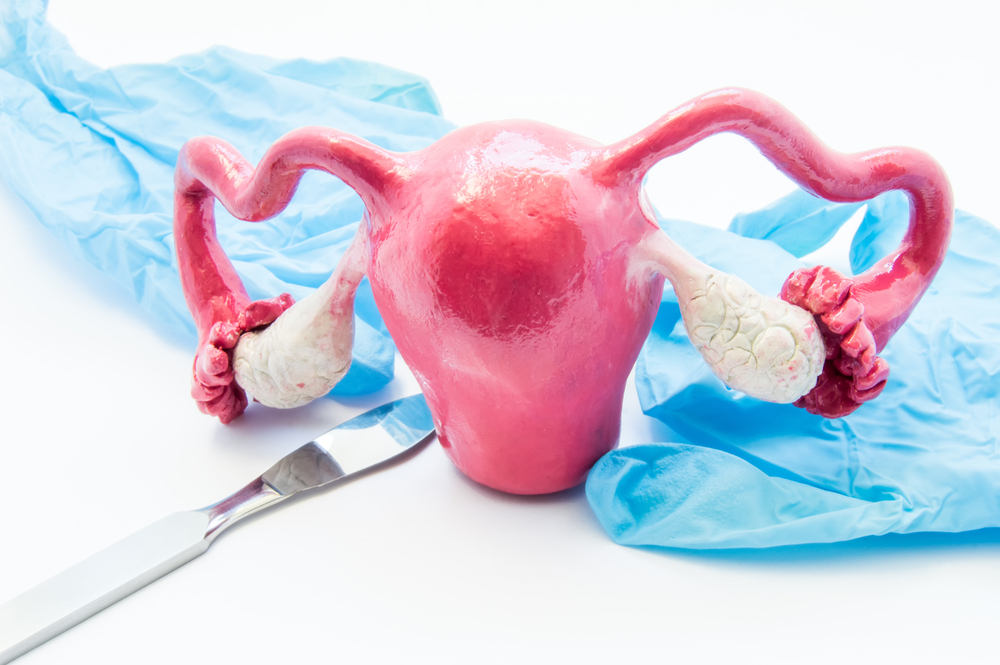
What is Tubectomy?
Tubectomy, also known as tubal ligation or female sterilization, is a surgical procedure performed for permanent contraception or family planning. During tubectomy, the fallopian tubes are either cut, sealed, or blocked to prevent the eggs from reaching the uterus, thereby preventing pregnancy.
How is Tubectomy Performed?
Tubectomy is typically performed as a minimally invasive procedure under general anesthesia. There are several techniques for tubal ligation, including:
- Laparoscopic tubal ligation: Small incisions are made in the abdomen, and a laparoscope (a thin, flexible tube with a camera) is inserted to visualize the fallopian tubes. The tubes are then cut, sealed, or blocked using clips, rings, or electrocautery.
- Hysteroscopic tubal ligation: A hysteroscope (a thin, flexible tube with a camera) is inserted through the vagina and cervix into the uterus. A device is then used to insert coils or plugs into the fallopian tubes, blocking them to prevent pregnancy.
Who is a Candidate for Tubectomy?
Women who have completed their family or do not wish to have any more children may be candidates for tubectomy. Tubectomy is a permanent form of contraception and should be considered only by individuals who are certain they do not want future pregnancies. A thorough discussion with a healthcare provider is necessary to understand the risks, benefits, and alternatives to tubectomy before undergoing the procedure.
What is the Recovery Process Like After Tubectomy?
The recovery process after tubectomy is usually quick, with most patients able to return home the same day as the procedure. Some mild discomfort, bloating, or cramping may be experienced in the days following tubal ligation, but these symptoms typically resolve on their own. Pain medication, rest, and instructions for caring for the surgical site will be provided to promote healing and prevent complications.
What is the Recovery Process Like After Cancer Surgery?
The recovery process after cancer surgery varies depending on the type and extent of the surgery performed, as well as individual healing factors. In general, patients can expect to experience some discomfort, fatigue, or other side effects in the days and weeks following surgery. Pain medication, antibiotics, and instructions for caring for the surgical site will be provided to promote healing and prevent complications. Rehabilitation, physical therapy, or other supportive care may be recommended to help patients regain strength and function after surgery.
What are the procedure after surgery?
Rest and Limit Activity : Avoid strenuous activities, heavy lifting, and vigorous exercise for the recommended period.
Keep the Area Clean : Gently clean the surgical area with water and mild soap as directed by your surgeon. Pat the area dry with a clean towel, and avoid rubbing or scrubbing.
Take Prescribed Medications : Take any prescribed pain medications, antibiotics, or other medications as instructed by your surgeon to manage pain and prevent infection.
Avoid Sexual Activity : Refrain from sexual intercourse and other sexual activities until your surgeon advises it is safe to do so. This typically takes several weeks to a month or more, depending on individual healing.
Wear Loose Clothing : Wear loose-fitting clothing, preferably cotton underwear, to minimize friction and promote airflow to the surgical area.
Attend Follow-Up Appointments : Keep all scheduled follow-up appointments with your surgeon to monitor your healing progress and address any concerns or complications promptly.
Avoid Tampons and Menstrual Cups : Refrain from using tampons and menstrual cups during your recovery period to prevent irritation and infection.
Stay Hydrated and Eat Nutritious Foods : Drink plenty of water and eat a balanced diet rich in vitamins and nutrients to support healing and boost your immune system.
Why Choose VMG Hospital for Tubectomy?
VMG Hospital in Hisar, Haryana, offers expert care and comprehensive family planning services, including tubectomy. Our team of experienced gynecologists, surgeons, and supportive care professionals is dedicated to providing personalized care and support throughout the family planning process. With state-of-the-art facilities, advanced surgical techniques, and a patient-centered approach, VMG Hospital is committed to delivering the highest quality of care and helping individuals achieve their reproductive goals.